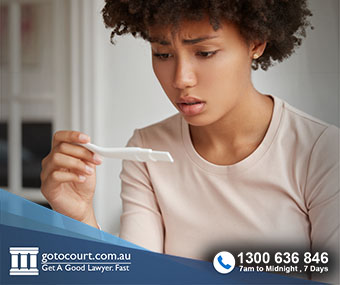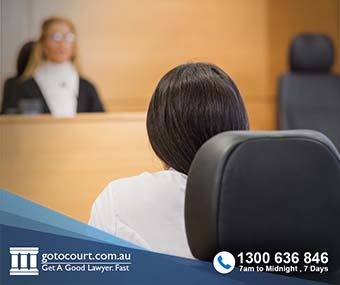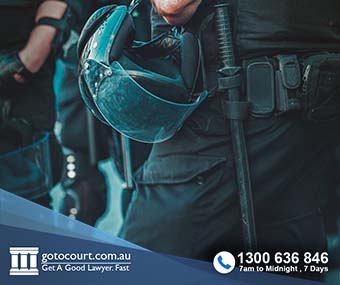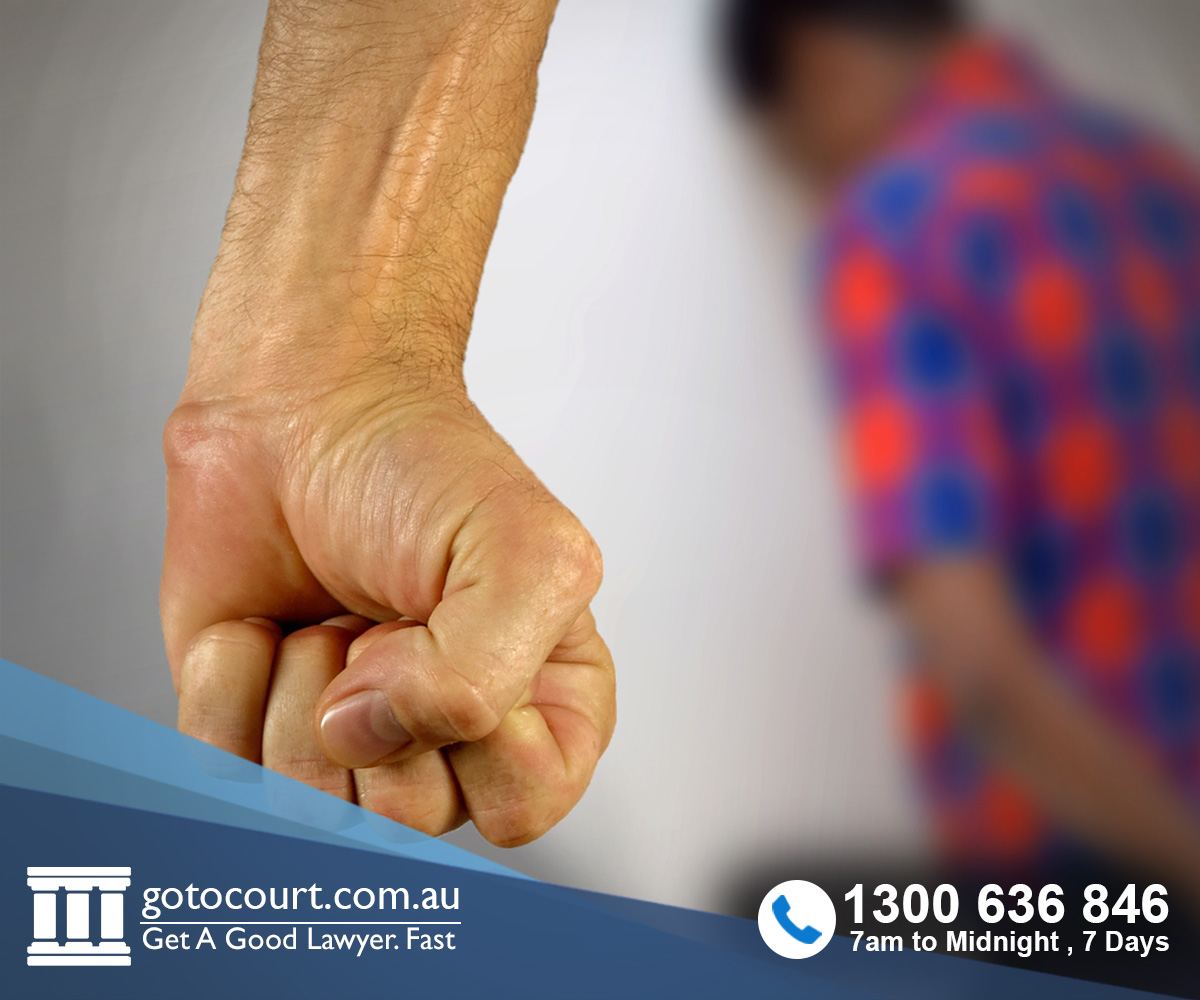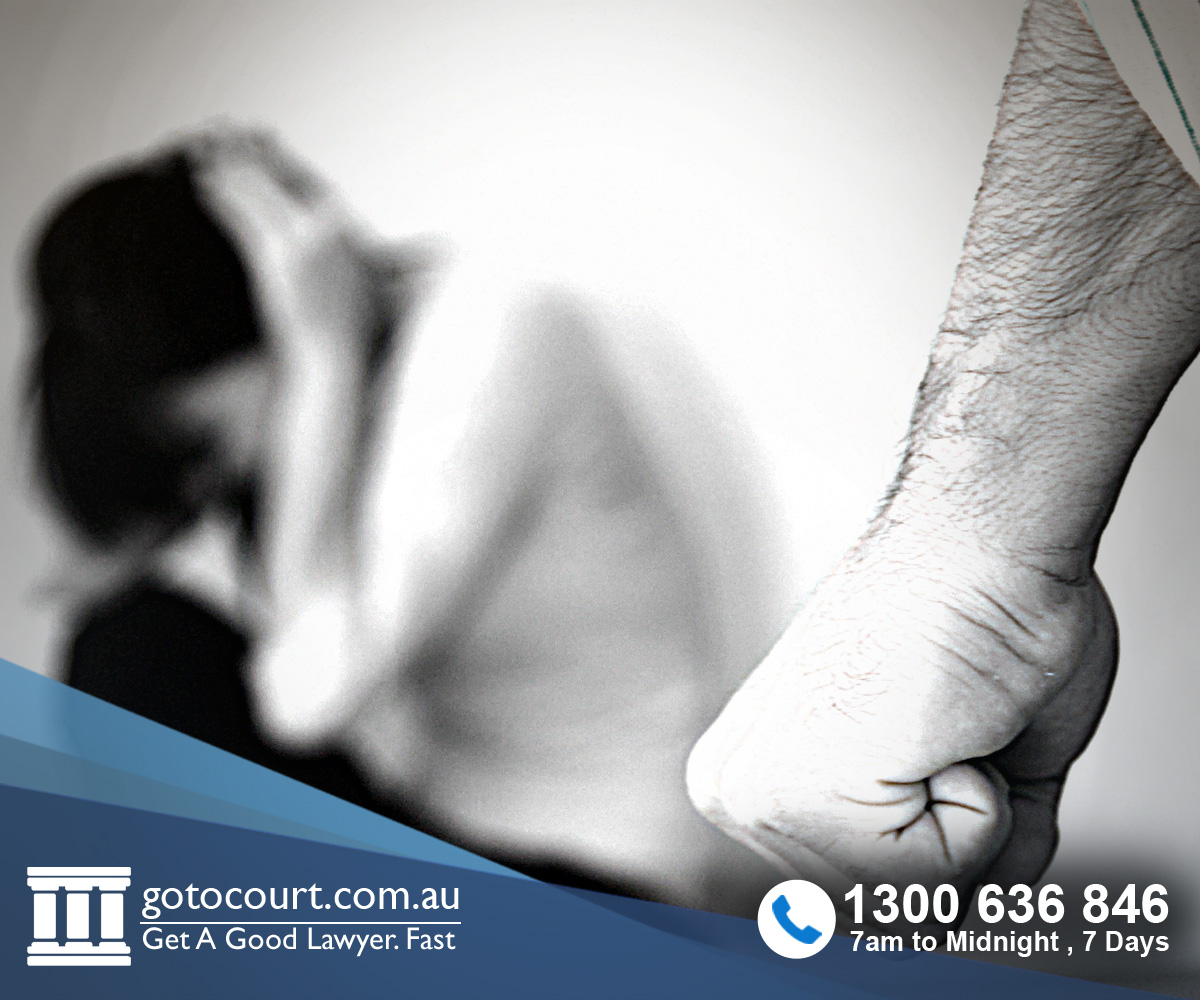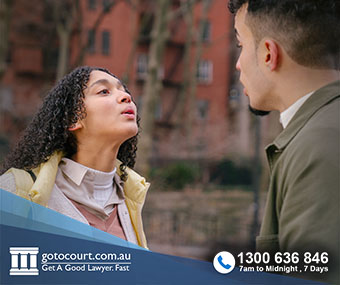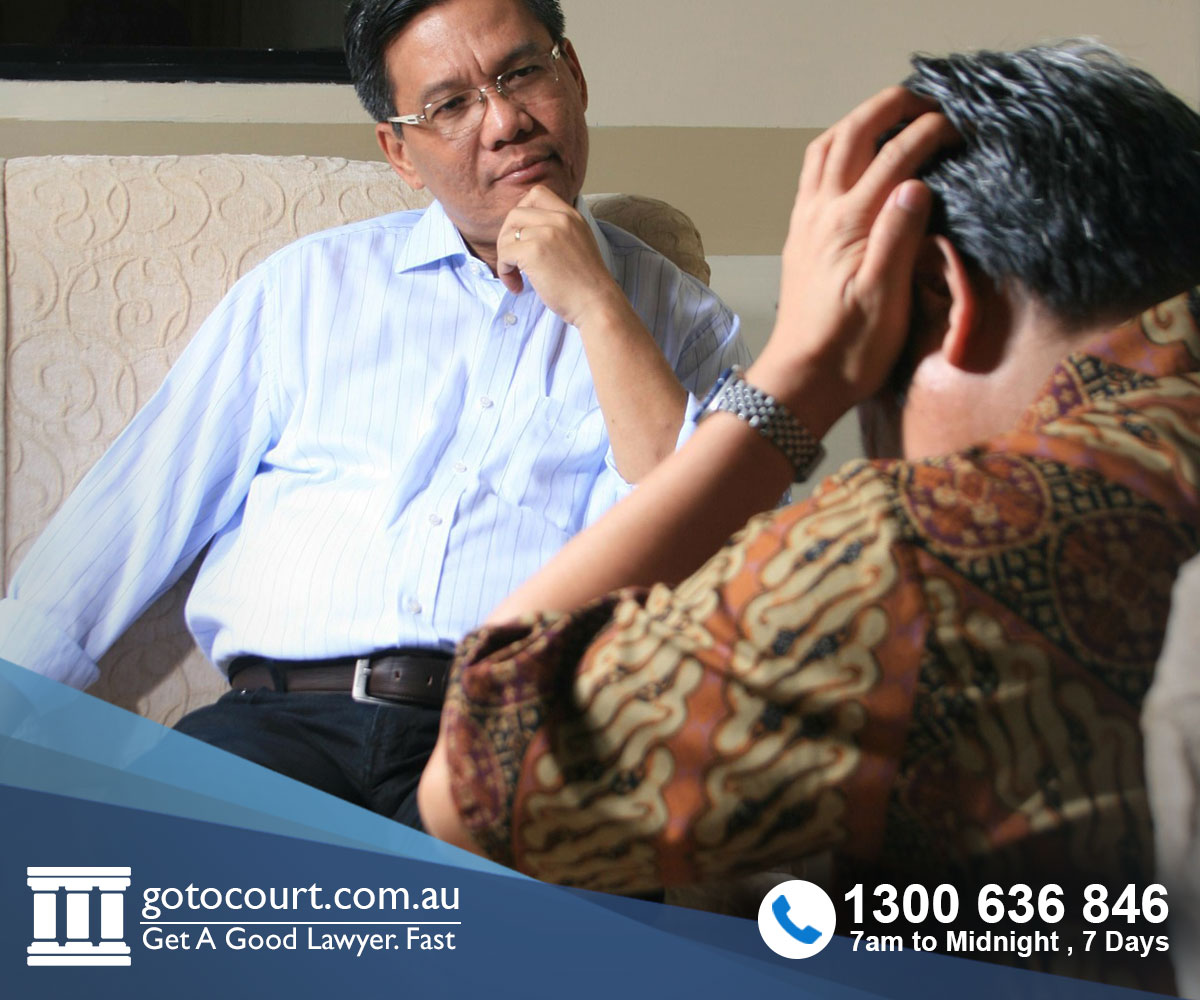Fitness For Trial (Qld)
Fitness For Trial (Qld)
In Queensland, a person can only be found guilty of a criminal offence if they are fit for trial. The procedures for determining fitness for trial are set out in the Mental Health Act 2016.
Fitness for trial vs the defence of mental impairment
The issue of a person’s fitness for trial is separate from the question of whether they are not guilty because of mental impairment.
The defence of mental impairment is based on the accused having a mental impairment such as mental illness or intellectual disability at the time of the alleged offence.
Fitness for trial requires the accused to be mentally competent to understand and participate in the court proceedings at the time the matter goes to court.
A person may be not guilty because of mental impairment but may still be fit for trial or may be unfit for trial even though they were not mentally impaired at the time of the offence.
What is fitness for trial?
Queensland does not have a legislative test for determining fitness for trial. Instead, the common law Presser test is used. The 1958 decision of Presser established that in order to be found to be fit for trial, a person must be able to:
- Understand the proceedings and the evidence
- Understand that they are on trial and the charges against them
- Understand the nature of the offence and the difference between guilt and innocence
- Understand that they have a right to challenge jurors
- Communicate with their lawyer and with the court
In order to be found fit for trial, an accused person does not have to understand the law, court processes, or all the technicalities of the proceeding. However, they must have enough of an understanding of the proceeding to decide what defence they will rely on and to decide whether or not they will give evidence.
Mental Health Court
In Queensland, the Mental Health Court is responsible for deciding whether an accused person is fit for trial. To do so, the court may order the person to submit to an examination by a psychiatrist or health practitioner. The court is not bound by the rules of evidence as other court proceedings are.
What happens when someone is unfit for trial?
A person can be found to be unfit for trial either temporarily or permanently.
Under section 121 of the Mental Health Act 2016, when an accused is temporarily unfit for trial, proceedings are stayed until the Tribunal finds that the person is fit for trial.
Under section 122, when an accused is found permanently unfit for trial, proceedings are discontinued.
Forensic orders
If a person is permanently unfit for trial, the Mental Health Court must make a forensic order if this is necessary to protect the safety of the community. The order may have conditions attached and the court may also make recommendations about treatments and interventions the person should receive.
A forensic order may be for treatment in the community if the court considers the person does not pose an unacceptable risk to the public. In other circumstances, the order can require the person to be detained.
The Tribunal reviews forensic orders every six months. When it does so, it may confirm or revoke the order. However, an order cannot be revoked during a non-revocation period set by the court. The tribunal may also revoke a forensic order and make a treatment support order.
Treatment support orders
The Mental Health Court may make a treatment support order in a situation where a forensic order is not warranted. A treatment support order is a step down from a forensic order. It authorises a person’s involuntary treatment and, if necessary, their detention in a mental health facility. Treatment support orders are community orders unless the person’s treatment requires them to be an inpatient.
If you require legal advice or representation in any legal matter, please contact Go To Court Lawyers.

Affordable Lawyers
Our Go To Court Lawyers will assist you in all areas of law. We specialise in providing legal advice urgently – at the time when you need it most. If you need a lawyer right now, today, we can help you – no matter where you are in Australia.How It Works




1. You speak directly to a lawyer
When you call the Go To Court Legal Hotline, you will be connected directly to a lawyer, every time.

2. Get your legal situation assessed
We determine the best way forward in your legal matter, free of charge. If you want to go ahead and book a face-to-face appointment, we will connect you with a specialist in your local area.

3. We arrange everything as needed
If you want to go ahead and book a fact-to-face appointment, we will connect you with a specialist in your local area no matter where you are and even at very short notice.


